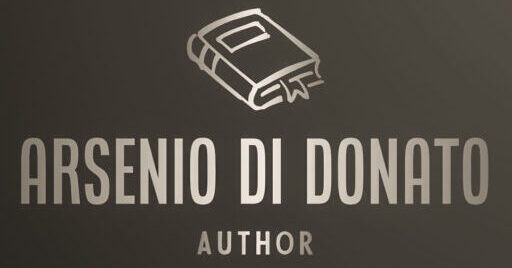Most people go through life leaving traces only in memories — a photograph tucked in an album, a story retold at the table, a small mark on a few beloved hearts, and that’s enough for many, it truly is; for me it never quite was. I’ve always wanted to leave something that doesn’t fade when the people who remember me are gone, something you can hold, read, hear, and feel, long after I’m no longer here to explain it.
That’s why I write.
It isn’t about lists or laurels. If it were, I’d have packed it in years ago. Writing is how I shape the raw material of a life into something that can travel without me. The books I’ve written — and the ones I’m still writing — aren’t just paper and ink; they’re fragments of my thinking stitched to time, small vessels I launch into the world with the quiet hope they’ll find the right shores.
Table of Contents
A Life in Pages
When I glance across my titles — practical handbooks, reflections, questions put to the age of AI — I see a kind of map, a record of where my head and heart were at each moment. And then there’s Alone in America, still in progress, still demanding honesty. It isn’t merely a ledger of years abroad; it’s an excavation, a careful brushing-away of dust to see what was actually there. Memory is slippery, always rewriting itself, and writing is how I ask it to sit still long enough to be understood.
I don’t have children. My pages are my legacy. They’re my way of saying: I was here, this is what I saw, this is what I learned while I had the chance.
Songs as Echoes
Music joined the conversation later. Producing under Lila Elyse and Uncontrolled Menace opened a different door: where prose leans on structure and patience, songs are pulse and breath, emotion caught mid-flight. Yet the purpose is the same. Whether it’s a lyric, a melody, or fifty thousand words that finally agree with each other, it’s all legacy — pieces of me that can keep speaking when I can’t.
Why Legacy Matters
Legacy isn’t ego to me; it’s contribution. Our lives are brief flashes, and unless we set something down, we vanish into the noise. I write because words can steady a person at the right moment. I write because my vantage point is mine alone, and silence would be a waste of it. I write because I believe in the quiet power of a book (or a song) arriving on the exact day someone needs it.
The Reader’s Part
And then there’s you. Without you, these are just symbols on a screen. With you, they turn into meaning. Writing is an offering; reading is acceptance; between us a bridge appears, sturdy enough to carry a little truth from my life into yours.
That’s why I write: to build those bridges, to leave a map behind, to say — this was my life, and this is what I made of it. If even one sentence lingers after I’m gone, the work did what it came here to do.

